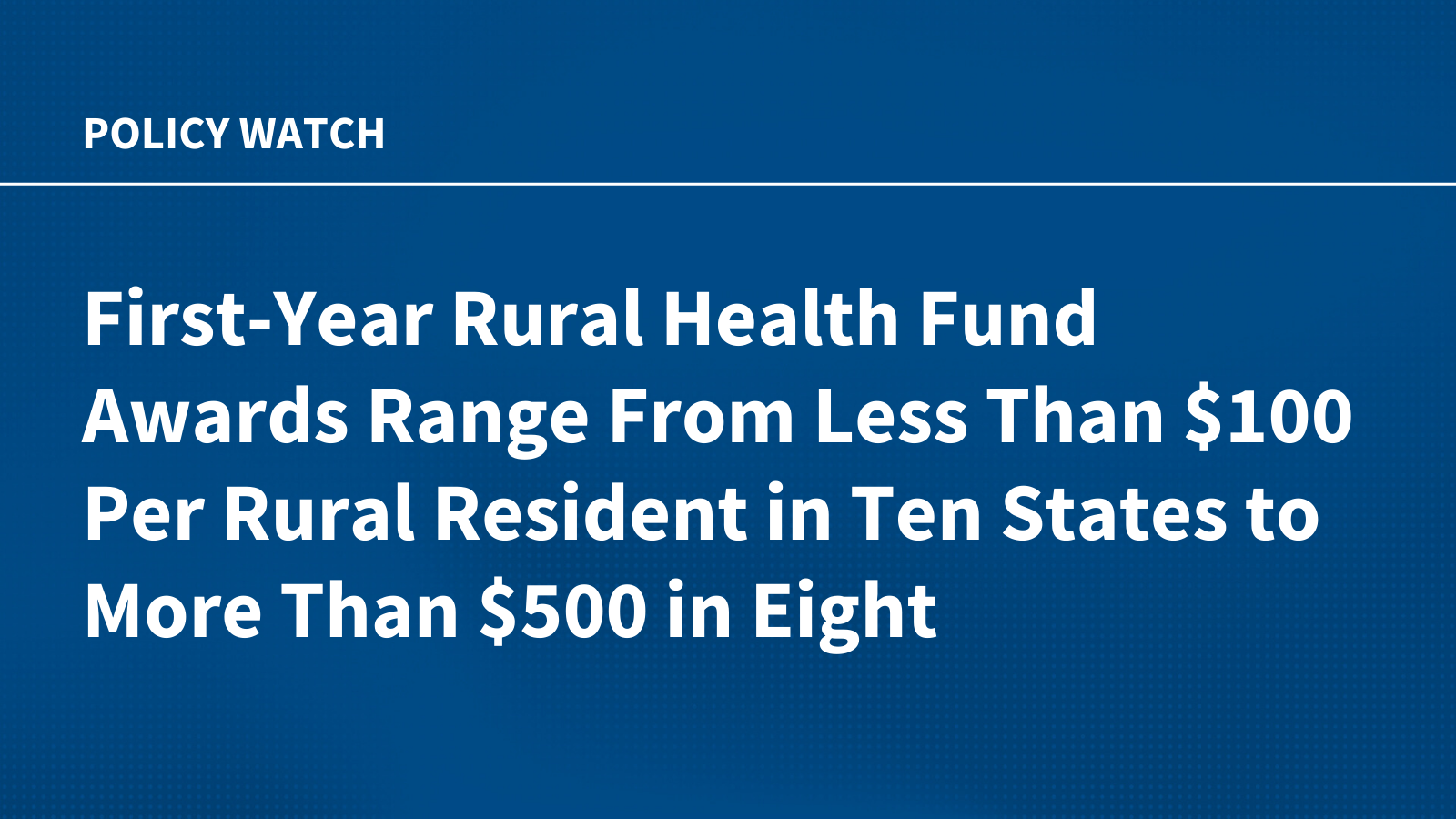Tucked inside President Donald Trump’s controversial bill incorporating Medicaid work requirements during his administration is a provision that makes it easier for managed care plans to text their members.
Abner Mason, chief strategy and transformation officer for GroundGame.Health, said the inclusion in the “big, beautiful bill” was a flicker of good news for a law he overwhelmingly opposed.
“I was not supporting the implementation of work requirements,” he said in an interview. “But given that the bill was moving forward, my thinking was ‘how do we make sure this bill does the least harm and the most good?’”
Under a law from the early 1990s, managed care plans were effectively banned from texting enrollees because Medicaid members are traditionally assigned a health plan by a state or county. Therefore, enrollees cannot opt in and implied consent is not present, unlike in other lines of business in the insurance market.
Mason helped organize trade lobbies America’s Health Insurance Plans and the Medicaid Health Plans of America, urging Congressional staff to include the provision in the bill. Health plans believe modernizing communication with enrollees will ensure it is easier for members to stay enrolled in coverage they are eligible to have.
The bill states plans are required to inform Medicaid enrollees about work requirements—and how to comply—by the end of 2026. A notice “shall be delivered” by mail or email and in an additional form. Those additional options include a phone call, text message, a website, “other commonly available electronic means,” or “other forms as the Secretary deems appropriate.”
In other words, as new technology and forms of communication evolve, they too will be options for health plans to utilize. This should avoid the complications unintentionally arising from the 1990s law, only now seemingly rectified nearly 35 years later. It’s unclear how the texting provision is affected if a future administration rolls back work requirements.
While most Republicans in Congress were ultimately content with slashing Medicaid spending and installing work requirements, some members sense the political vulnerability. Coupled with the administration’s desire to modernize government with technology, the bill’s backers were comfortable including the provision, even as health interests’ lobbying power has waned on many other issues.
The Centers for Medicare and Medicaid Services are now tasked with writing the regulation to fulfill Congress’ wishes. Mason hopes to work with the CMS to maximize the impact of the law, including expanding Medicaid plans’ ability to text about issues like redeterminations and health education.
“Let’s not be backward in one area and modernize in another area,” he said, noting promulgation must come quickly for states to carry out work requirements by 2027.
Millions are expected to lose healthcare coverage from Trump’s bill due to not correctly filling out work requirement documentation.
Publisher: Source link










